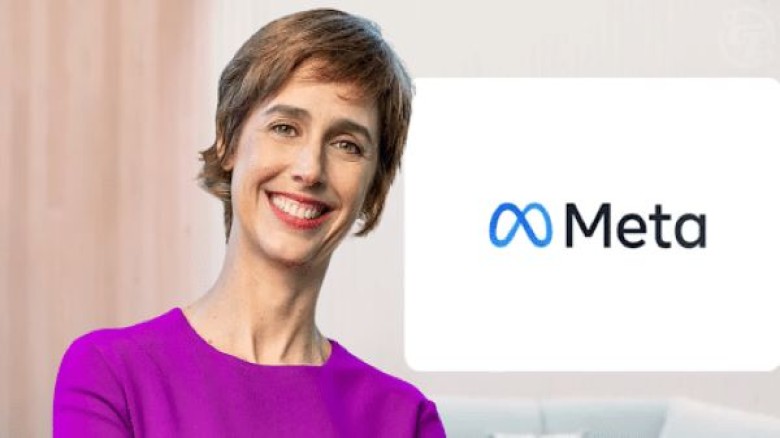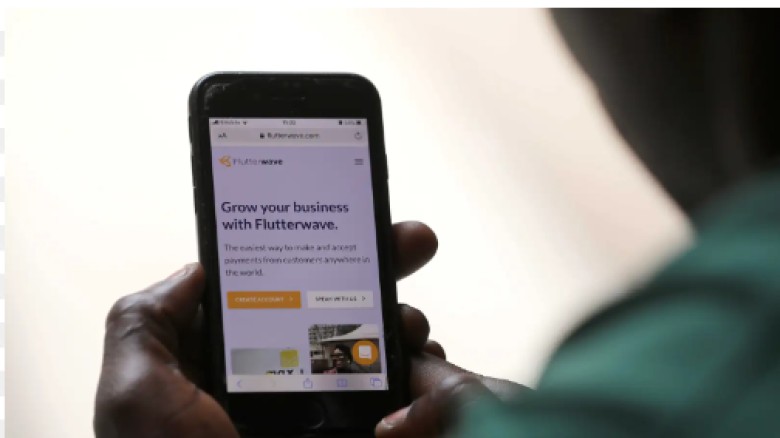Operators advocate AI for combating financial fraud
Tope Dare, former Executive Director of E-Business and Infrastructure at Inlaks Computers Limited and board member of CitiData Centre Ltd., has advocated for the use of artificial intelligence (AI) to analyze transactions in real time, identify suspicious patterns, and strengthen financial security.He emphasized the importance of artificial intelligence in detecting financial fraud early.
According to Tope Dare, AI is reshaping the banking sector in the same way that it is revolutionizing other industries.
He emphasized that the nature of interactions between customers and banks is changing rapidly on a global scale.
"Only late last month, DeepSeek emerged as a serious contender, challenging the dominance of models such as ChatGPT. What makes DeepSeek unique? The combination of open-source access, cost efficiency, and strong technical capabilities has the potential to shake up the AI landscape.
"AI is rapidly reshaping banking, speeding up transactions, improving fraud detection, and streamlining customer service. However, with all of these innovations resulting in rapid transformation, both opportunities and challenges arise.
"Cybercriminals are becoming increasingly sophisticated, but only an AI-powered fraud detection system can keep financial institutions one step ahead. By analysing transaction patterns, AI can detect suspicious activity and prevent fraud before it occurs. Nevertheless, AI is not perfect; misinterpretations and system bias can have serious consequences.
"During the last Detty December in Lagos, a friend of mine who had returned from Europe had his foreign bank account access deactivated after the first transaction in Nigeria, and despite his best efforts, he couldn't reactivate it until he arrived home. AI made a quick decision, but without human judgment, the foreign bank's system failed to consider context, leaving him stranded," he explained.
Dare emphasized that AI chatbots, such as those from eBanqo, have transformed banking by providing instant, round-the-clock customer support while improving efficiency and user experience.
"They can complete routine tasks such as checking balances, transferring funds, and processing loan applications in seconds. Today, AI can analyze your spending habits and offer personalized advice on savings, investments, and credit repayment options. It's convenient, but for what price?
"For example, AI relies on massive amounts of personal data, making it an appealing target for cybercriminals. If AI is trained using biased data, it may unintentionally discriminate against specific demographics, affecting loan approvals and financial services.
"When it comes to the future of balancing AI and human expertise, I can only say that AI is here to stay, and its role in banking will only grow and strengthen. Banks must strike a balance between automation and human supervision. What's the best approach? A hybrid model in which AI manages routine tasks and humans handle complex issues. This ensures that banking remains fast, secure, and inclusive while retaining the personal touch that customers still value," he added.
Meanwhile, at the FITC Risk Round Table titled "Financial System Stability: Leveraging AI for Financial Fraud Detection and Regulations," FITC CEO Dr. Chizor Malize emphasized the importance of emerging technologies such as AI in combating rising cyber threats and digital risks that have been exacerbated by technological advancements.
Malize emphasized FITC's commitment to providing industry insights and encouraging stakeholder collaboration to address these challenges.
"As highlighted in the Fraud Risk Report, there is an urgent need to use AI to mitigate risks and strengthen the financial system's stability. FITC has been instrumental in bringing together industry leaders, regulators, and operators to create AI-powered cybersecurity frameworks and predictive tools. We enable organizations to effectively anticipate, mitigate, and manage risks by incorporating AI into our training programs and risk simulations," he said.
























Leave A Comment